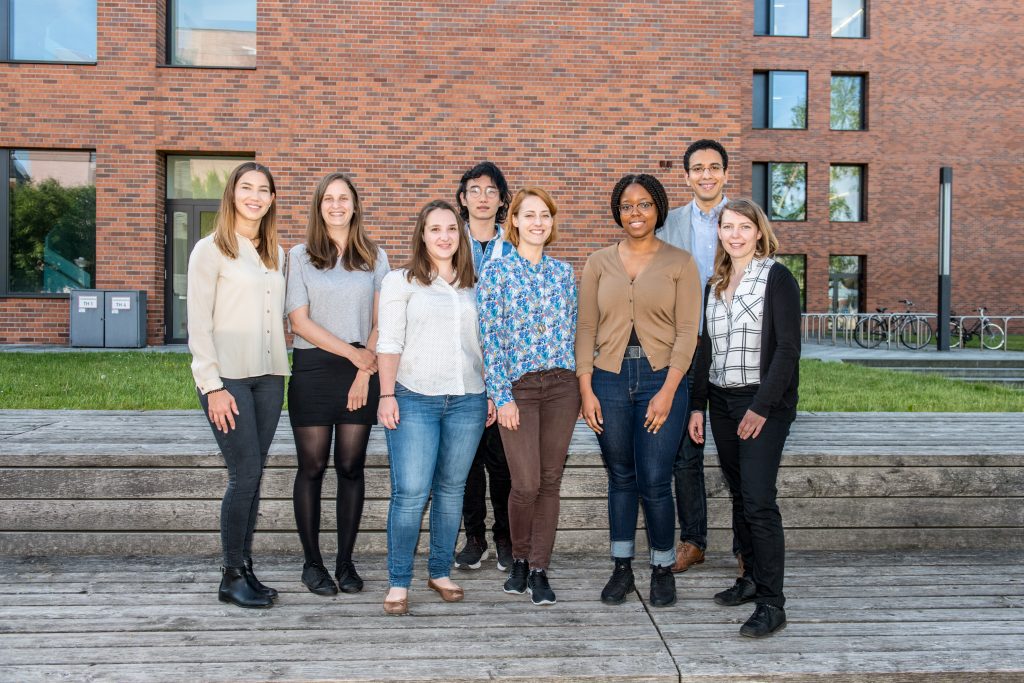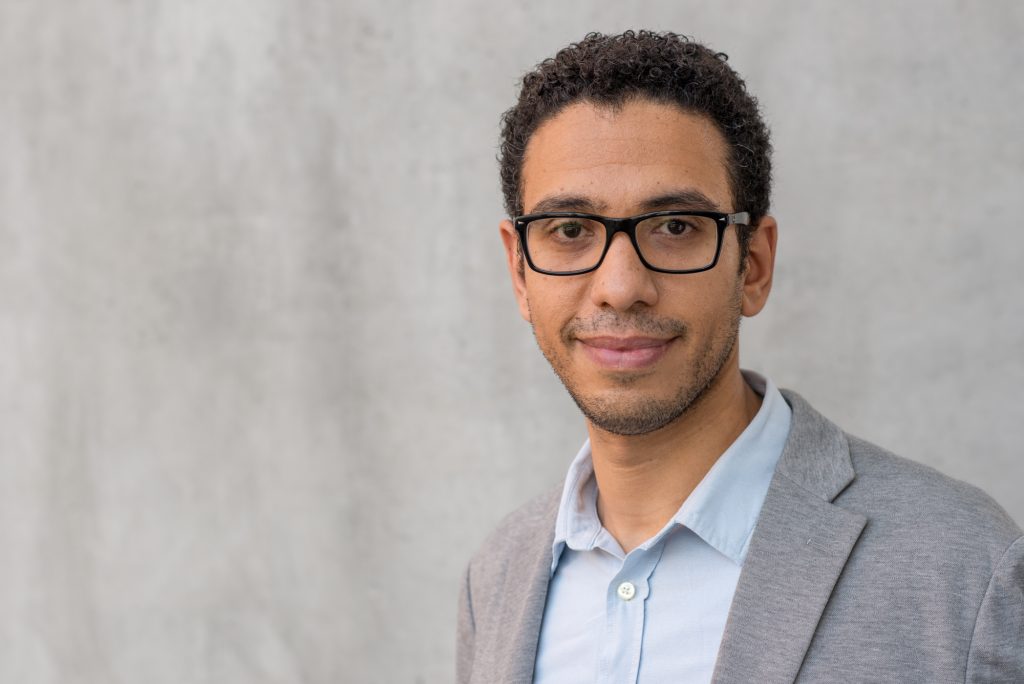- Programme Area 4
Inflammatory Mechanisms

- Chronic inflammatory bowel disease
- Immunologic memory
- Microbiota
Host-Microbiota interactions shape intestinal inflammation
The gastrointestinal tract contains a huge number of immune cells and harbours a large population of bacteria that exist in a symbiotic relationship with the host. In inflammatory bowel disease (IBD) this balance is perturbed, triggering pro-inflammatory responses that drive disease symptoms. Our work focuses on untangling the interplay between the host and microbiota during inflammation.
